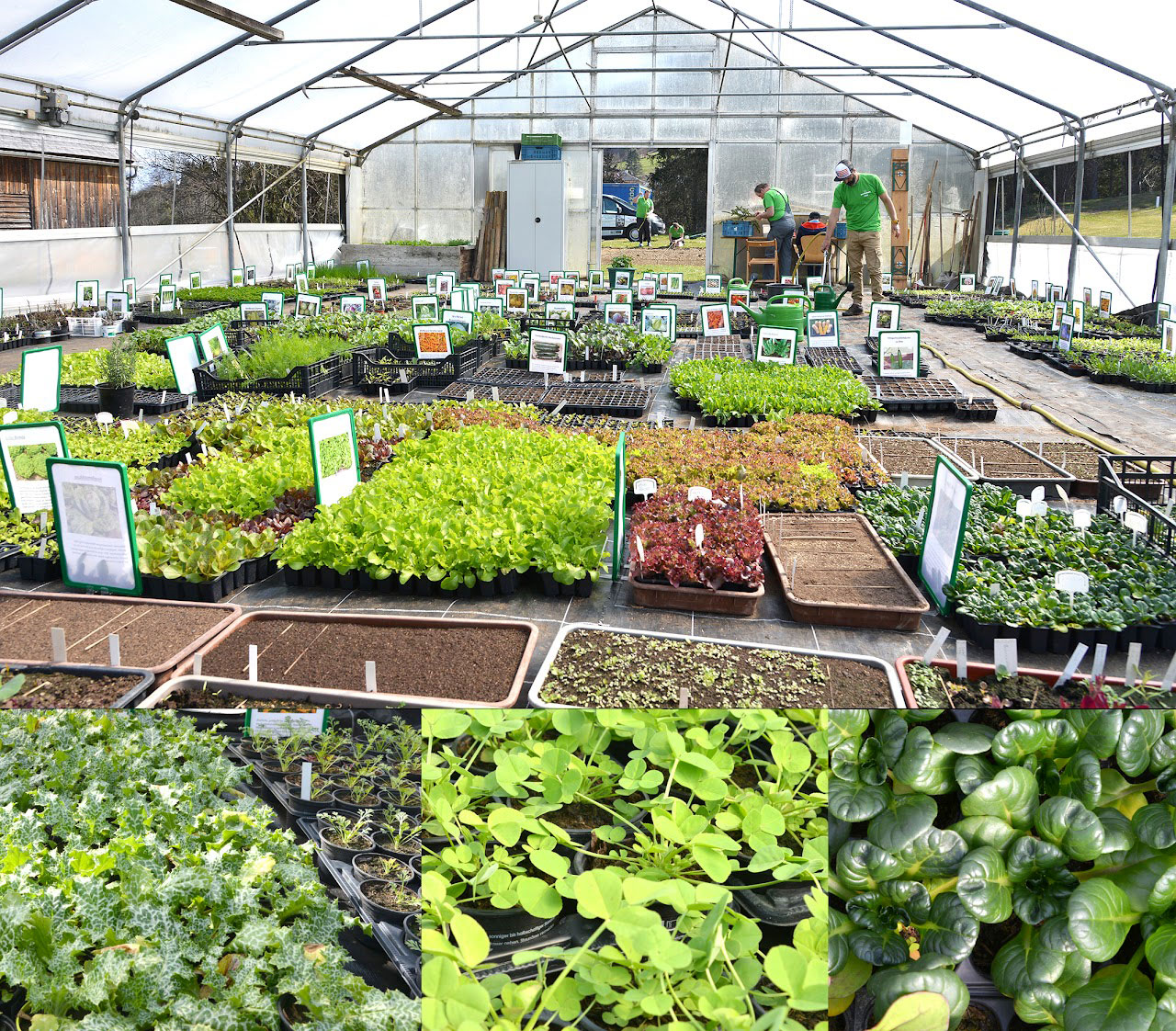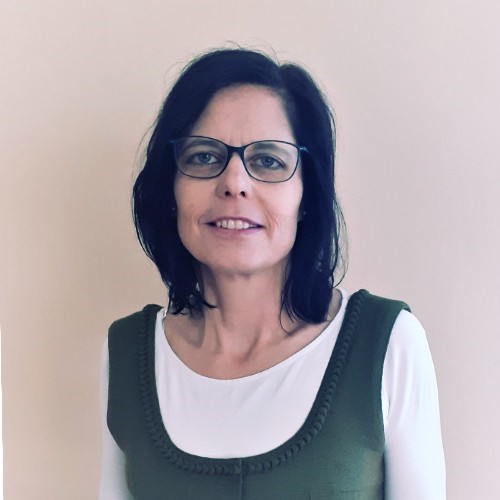SOCIAL AGRICULTURE is aimed at people with special needs and has been proven effective in improving their health, quality of life, social inclusion and skills development.
Specific Target:
Improving the quality and adaptability of vocational training, training methods, materials and curricula for people with special needs in order to improve their skills and their opportunities for socio-professional inclusion in the green agricultural sectors.
Sub-goals:
- Establishing a synergistic transnational partnership between different organizations providing vocational training or promoting the social and professional inclusion of people with special needs in the green agricultural sectors.
- Exchange and research on good practices, real experiences, methods, approaches, tools, training programs, etc. in the field of vocational training and the inclusion of people with special needs in the green agricultural sectors, which can be replicated in other areas.
- Identification and compilation of needs and best practices that should be taken into account and implemented in practice to improve the training and socio-professional integration of people with special needs in green agriculture (including successful reduced dual training systems).
- Communicating sustainability concepts to these social groups.
Program:
From 1 p.m. excursion in the grassland (Wilhelm Graiss)
From 2 p.m. tour of the Lebenshilfe Stainach gardening project (Birgit Ecker)
From 3 p.m. panel discussion “Inclusion in the agricultural sector”
The project is funded through the Erasmus + program: KA202 – Strategic Partnerships, “Call 2020”, Round 1 KA2 – Collaboration for Innovation and Exchange of Good Practices Implemented.







